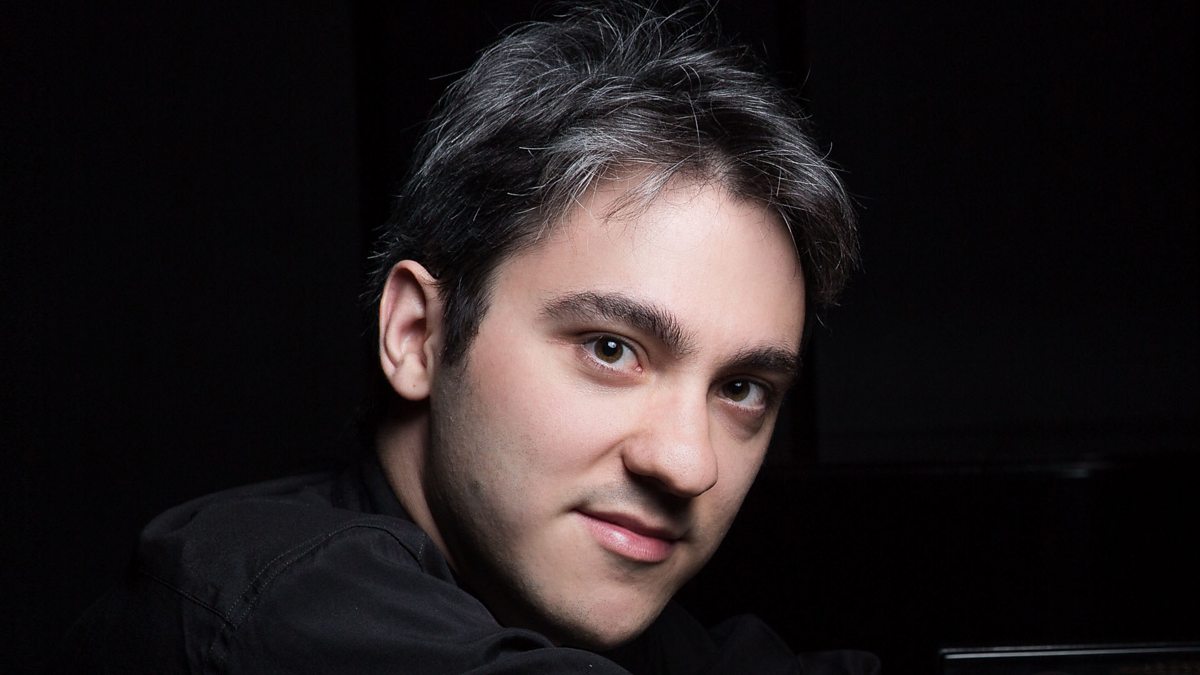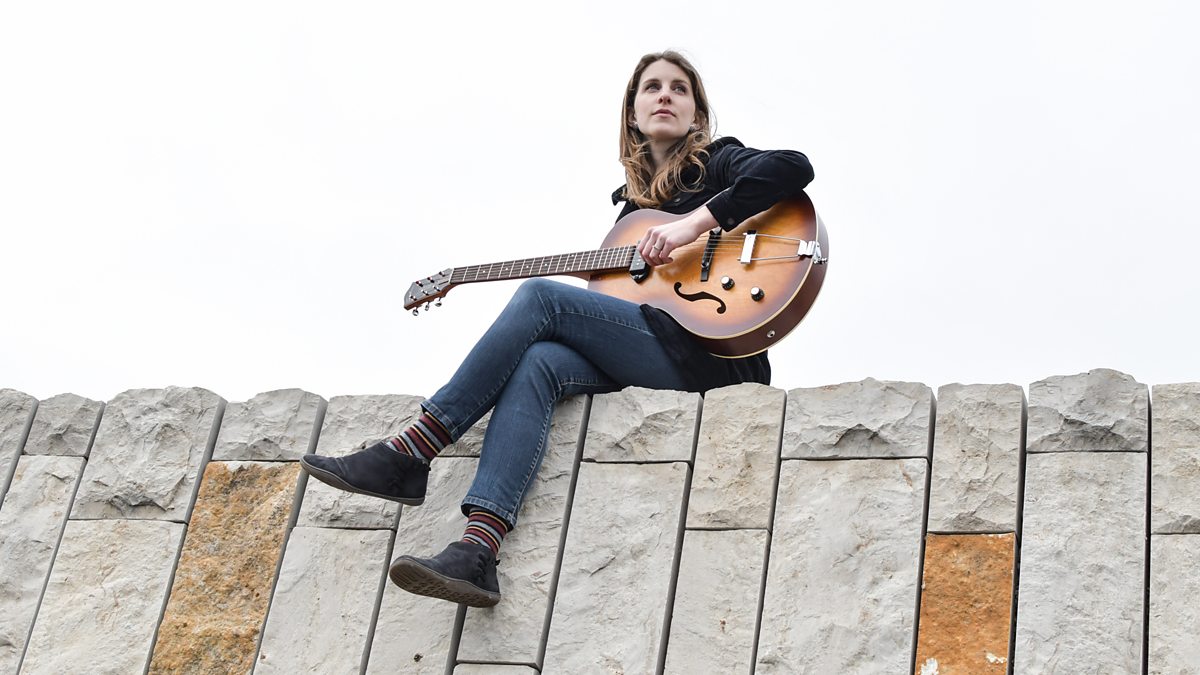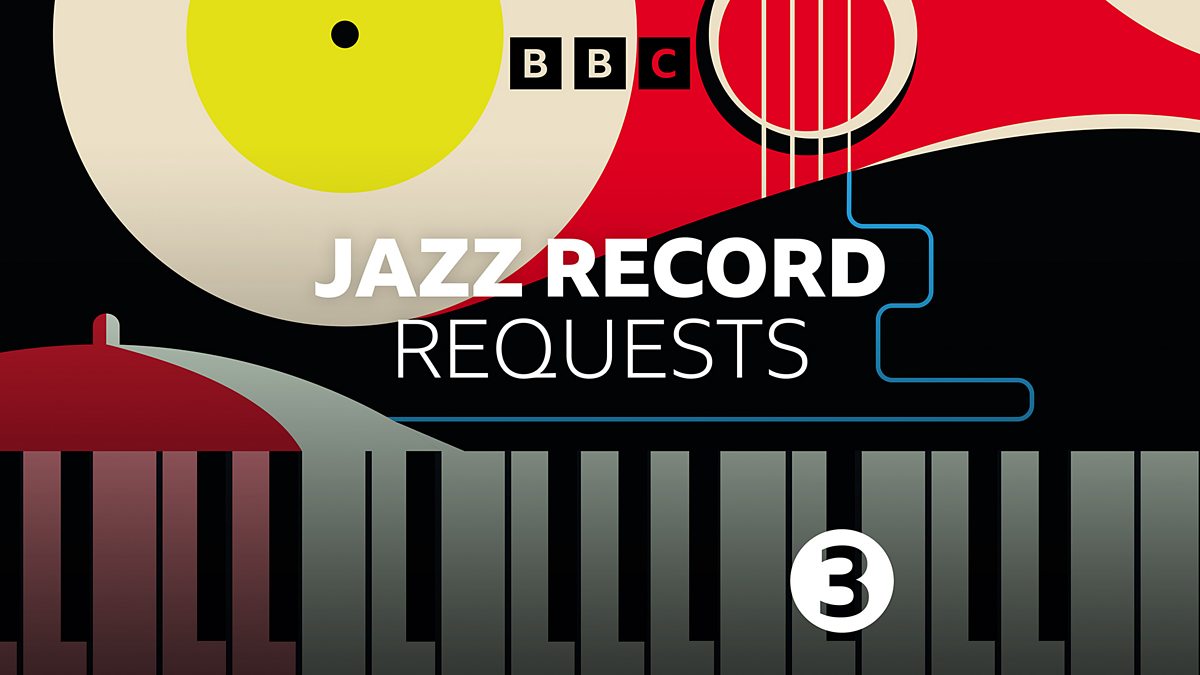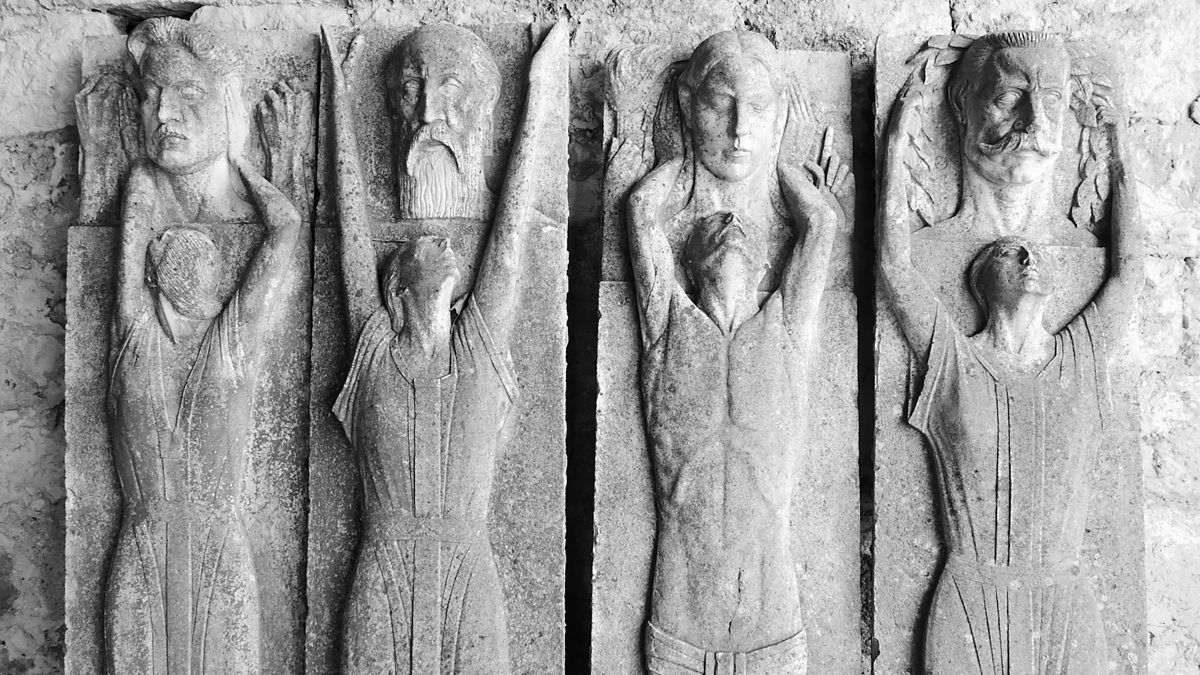Sat 11 Sept
5pm - J to Z
Jumoké Fashola explores South Africa's diverse jazz scene with recordings by new bands, recent music from piano great Abdullah Ibrahim (now 86), and a tribute to Soweto-born trombonist Jonas Gwangwa, who died in January, aged 83.
Yes, this is a repeat.
6.30pm - New Generation Artists
Includes tunes and arrangements by Rob Luft (g) with Elina Duni (vo) Joe Wright (sax) Tom McCredie (b) and Corrie Dick (d).
12midnight - Freeness
Italian guitarist Francesca Naibo talks about her debut solo album Namatoulee. There is also music by Ariana Tikao, a leading figure in the revival of traditional Maori instruments taonga puoro. Plus a call-and-response between pianist Liam Noble and saxophone player Paul Dunmall.
Another repeat, as the BBC helps those less fortunate than itself make up for all those lockdown gigs.
Sun 12 Sept
4pm - Jazz Record Requests
Alyn Shipton with requested recordings by Ingrid Laubrock and Liam Noble, Alice Coltrane and more.
Fri 17 Sept
11pm - Late Junction
New music from Henry Threadgill among the purgatories - did you have one this morning too?.
5pm - J to Z
Jumoké Fashola explores South Africa's diverse jazz scene with recordings by new bands, recent music from piano great Abdullah Ibrahim (now 86), and a tribute to Soweto-born trombonist Jonas Gwangwa, who died in January, aged 83.
Yes, this is a repeat.
6.30pm - New Generation Artists
Includes tunes and arrangements by Rob Luft (g) with Elina Duni (vo) Joe Wright (sax) Tom McCredie (b) and Corrie Dick (d).
12midnight - Freeness
Italian guitarist Francesca Naibo talks about her debut solo album Namatoulee. There is also music by Ariana Tikao, a leading figure in the revival of traditional Maori instruments taonga puoro. Plus a call-and-response between pianist Liam Noble and saxophone player Paul Dunmall.
Another repeat, as the BBC helps those less fortunate than itself make up for all those lockdown gigs.
Sun 12 Sept
4pm - Jazz Record Requests
Alyn Shipton with requested recordings by Ingrid Laubrock and Liam Noble, Alice Coltrane and more.
Fri 17 Sept
11pm - Late Junction
New music from Henry Threadgill among the purgatories - did you have one this morning too?.







 , and thanks for the insider information!
, and thanks for the insider information!
Comment